Paul Cummins: We Reap What We Sow
A wildly successful Venezuelan governmental program that makes free musical instruments and training available to all children should serve as a model for the U.S. as we struggle to keep guns out of kids' hands.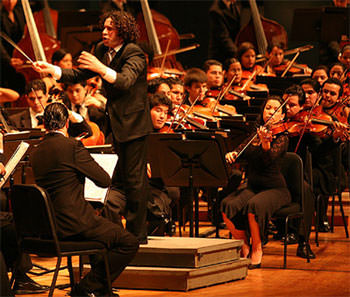
A wildly successful Venezuelan governmental program that makes free musical instruments and training available to all children should serve as a model for the U.S. as we struggle to keep guns out of kids’ hands.
Recently, I read an article in the Los Angeles Times about an astounding music education program in Venezuela known as “El Sistema” (The System). El Sistema is a government-sponsored program that provides free instruments and lessons to any child who wants them. Since its founding in 1975, more than 250,000 youngsters have gone through the program. Currently, there are nearly 500,000 children receiving free training at more than 120 centers around the nation, and more than 200 youth orchestras are functioning.
It is quite an achievement. What makes it even more laudable and remarkable is that there are no barriers. Low-income and at-risk Venezuelan children and youths can participate as easily as those who come from well-to-do families. To be sure, there are community schools of the arts across the United States, but nothing quite like this. Certainly nothing sponsored by the government. We are too busy piling up debt and deficit by funding arms races and by invading other countries to pay attention to the arts.
But back to El Sistema. It was founded by Jose Antonio Abreu, a Venezuelan conductor, economics professor and member of Congress, who had a vision of not only encouraging the arts but also giving at-risk youths an alternative to crime, drugs and other antisocial activities. He envisioned making both a social and artistic investment. The amazing conductor Gustavo Dudamel is but one such graduate of El Sistema.
Cut to a second article in the L.A. Times, on Jan. 14, which describes a plan to “attack” the gangs of Los Angeles through more incarceration and sending more police strike forces to crime hot spots. All well and good and perhaps necessary, but in the long run the Venezuelan approach of providing better societal alternatives to crime is far superior to programs that attack already existing failures. An ounce of societal prevention is far better than pounds of attempts to cure its ills.
Time and time again we read of individuals whose lives — in poverty, in prison, in desperate straits — were redeemed, regenerated and resurrected by experiences in the arts. The Venezuelan example is but one. Poetry in the prisons, juvenile camp drama programs (see my last blog) and skid row writing programs are but a few. Yet, we continue to undervalue the power of the arts, and our government provides paltry support. Billions for arms, pennies for the arts. Sadly, we reap what we sow, and we don’t harvest what we don’t plant. More violins in the hands of inner-city youths would inevitably lead to fewer guns. How can we get this message across to our citizens and our legislators?
Your support matters…Independent journalism is under threat and overshadowed by heavily funded mainstream media.
You can help level the playing field. Become a member.
Your tax-deductible contribution keeps us digging beneath the headlines to give you thought-provoking, investigative reporting and analysis that unearths what's really happening- without compromise.
Give today to support our courageous, independent journalists.

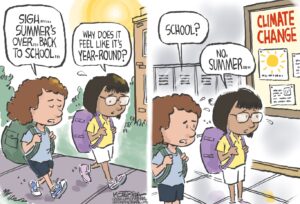
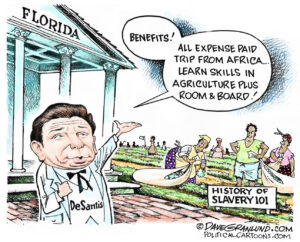
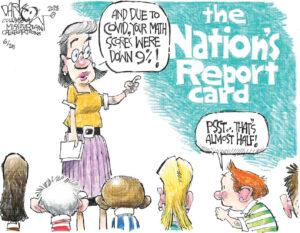
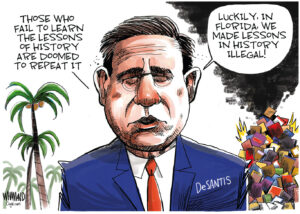

You need to be a supporter to comment.
There are currently no responses to this article.
Be the first to respond.